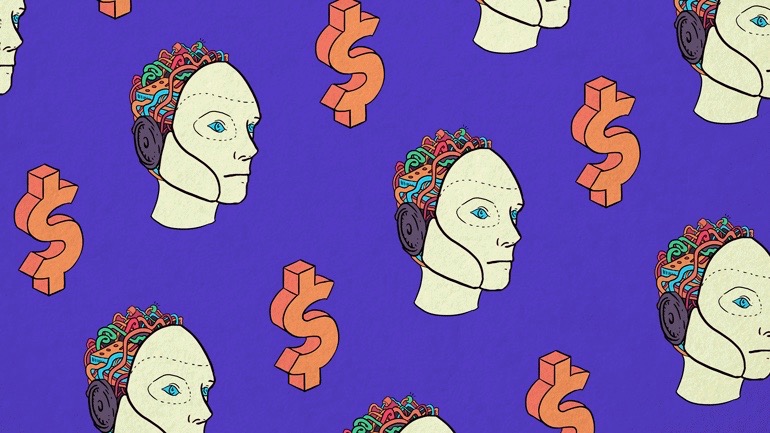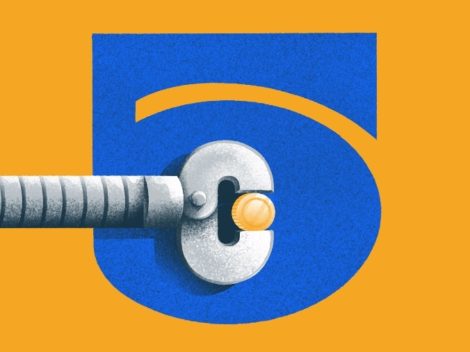Sebastian Thrun, the co-founder and president of Udacity was interviewed today at TechCrunch Disrupt’s SF event. His appearance was likely driven by how quickly the online education platform has grown over the past few years.
Follow Crunchbase News on Twitter & Facebook
Udacity partners with tech companies to co-design courses and provide scholarships to its service. In response to the tech industry’s needs, Udacity is currently focusing on teaching the mechanics of AI. Luckily, its teacher is well-suited to the task.
Thrun is known as the godfather of AI and machine learning. In 2005, his team won the DARPA Grand Challenge with their robot “Stanley.” He also founded Google X in 2010 and led its self-driving car team. It just so happens that one of Udacity’s most well-known and competitive programs concerns self-driving cars, which has received 50,000 applicants.
Due to the program’s high barrier of entry and prerequisites including advanced programming knowledge, Thrun admitted that not everyone will make the cut. However, Udacity teaches aspiring applicants what they need to do to get accepted into the course. To address financial challenges, Udacity has also partnered with Lyft (which has its own self-driving car ambitions) to provide 400 full scholarships for the “Intro to Self-Driving Cars” program.
But like many tech leaders in Silicon Valley, Thrun has a passion for projects outside of self-driving cars.
AI For Everything
Thrun not only wants self-driving cars, he’s working on making flying cars a reality. As CEO of Kitty Hawk, Thrun envisions that everyone should have access to flying as a means of personal transportation, given that air is “free of stuff,” “safer than rail,” and helps people avoid bad traffic.
While Thrun agrees that there’s a lot of opportunity in the drone delivery space, he thinks that “[flying] should not just be for packages, but also for people.” Thrun sees that flying cars will take place in the near future, since “there’s no technical reason why it can’t be done; it’s more of a societal reason.”
Thrun also got to talk about a project led by students from his lab at Stanford. Using the open-source ML library Tensor Flow, the team was able to classify cancerous skin patches better and more accurately than top-notch dermatologists.
Thrun truly believes that AI has limitless applications, and brought his innovator spirit on stage: “I love thinking about the world as a playground where everything interesting has not been invented yet.”
Perhaps, the Udacity course on self-driving cars will attract competitors, or the company may have a flying car program just around the corner.

Stay up to date with recent funding rounds, acquisitions, and more with the Crunchbase Daily.






![Illustration of a guy watering plants with a blocked hose - Global [Dom Guzman]](https://news.crunchbase.com/wp-content/uploads/quarterly-global-3-300x168.jpg)
67.1K Followers